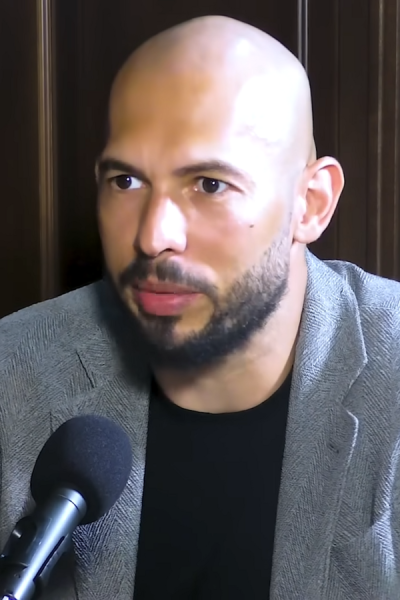Do Military Recruiters Belong in Schools?
Military Recruiters giving a presentation to students during class.
The United States Armed Forces offers an incomparable opportunity for our country’s youth – paid college tuitions, specialized training, marketable skills, discipline and integrity. The decision to join can turn into a lifelong career. Military presence at schools lets students know the benefits and it guides them through the process. However, recruiters don’t seem to address the drawbacks. The reality is, there have been millions of veterans that have faced the aftermath of battle – disabilities, illness, homelessness, and death
I respect what the military does for us and I understand why we have it. However, I don’t agree with how they handle the recruiting process. They don’t necessarily lie, but they do leave out a lot of information. For example, they tell you what the military gives you for simply being part of it. They make it sound so easy, that it gets students to think of how their lives would be if they joined the military.
When recruiting a person, specifically a student, they focus on a free college education and a career, alongside with paid housing, healthcare and many more benefits, but they seldom focus on the risks. I understand that joining the military doesn’t mean you are going straight to war, but it is a possibility.
According to edweek, Military recruiters target students that come from low income families. They target these kind of students because they know that the less that the student has, the easier it is to convince them to join. Research done by edweek also shows that teenagers are at a stage in their development when they are impulsive, tend to engage in risky behavior, and are uniquely susceptible to persuasion, and that 86 percent of those recruited were never told of the possible risks of joining the military.
Here at Alisal, we have military officials who walk around campus often times and they also go into classrooms and present at least once a year since I’ve been in school. When military recruiters come into a class, they talk about how great their life has been ever since they decided to join the military. They tell you about how great their personal experiences have been while they were in the military, but they rarely tell you how hard it is to be in it.
At the end of those presentations, they provide an information card to fill out. Sometimes that card asks for email, address, and phone number. I don’t like the fact that recruiters hand out their cards to students who are still in high school and without their parents being present. Most of the students who fill out their contact information don’t let their parents know about it and soon they receive emails and cards in the mail. Parents should be notified of when and why military recruiters are presenting in their students class.
Recently, I have talked with a few of my friends who want to join the military, asking them why they want to join, and their responses are the money and the college education. When I ask them if they know about all the problems that many veterans face daily they have nothing to say. They tell me that they aren’t going to war, but it is a possibility, especially if they don’t have a locked-in career position they might be sent to go and fight battles. As friends of mine I respect their decisions ,but if I can talk them out of considering joining the military , I will, because i don’t believe that they tell you everything you need to know.
The decision of committing to joining the military is not to be taken lightly and should take more than one presentation to even consider it. To be fair to the student, schools should not allow military recruiters to come into a classroom and present, instead they should make it a meeting for those with some interest at a specific date and location, just like the drug contract night for students who are joining a sport.
By Ulisses Cisneros
Your donation will support the student journalists of Alisal High School. Your contribution will allow us to purchase equipment and cover our annual website hosting costs.













